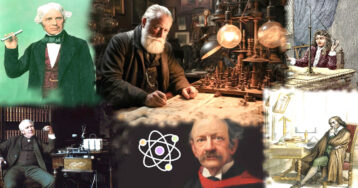
Marxism, a body of doctrine developed by Karl Marx and, to a lesser extent, by Friedrich Engels in the mid-19th century. It originally consisted of three related ideas: a philosophical anthropology, a theory of history and an economic and political program.
Marxism encompasses three major components that influence its ideology and analysis of society:
- Philosophy: Marxism is rooted in a philosophical framework that combines dialectical materialism and historical materialism. Dialectical materialism, influenced by the ideas of Georg Wilhelm Friedrich Hegel, posits that change and development in the world are driven by contradictions and conflicts. In Marxist philosophy, these contradictions primarily revolve around the ownership and control of the means of production. Historical materialism, on the other hand, suggests that the historical evolution of society is shaped by the economic relationships and the means of production. This historical perspective forms the foundation for understanding social development and change within the context of class struggle.
- Political Economics: Central to Marxism is its critique of capitalism, which it views as an economic system that inherently exploits the working class (proletariat) for the benefit of the owning class (bourgeoisie). Marxism emphasizes the labor theory of value, asserting that the value of commodities is determined by the socially necessary labor time required for their production. It also discusses the concept of surplus value, which is the source of profit for capitalists, extracted from the surplus labor of the working class. Marx’s economic analysis calls for the abolition of private ownership of the means of production and the establishment of a classless, communist society where wealth and resources are collectively owned and shared.
- Scientific Socialism: Marx and Engels referred to their approach as “scientific socialism” to distinguish it from earlier, utopian forms of socialism. Scientific socialism is characterized by a systematic and analytical approach to understanding the dynamics of class struggle and social change. It seeks to provide a practical path toward a socialist and ultimately communist society, emphasizing the need for a proletarian revolution to overthrow the capitalist system. In addition to revolution, Marxists advocate for the establishment of a “dictatorship of the proletariat” during the transitional phase from capitalism to communism, which is seen as a necessary means of dismantling the capitalist class and redistributing wealth and resources equitably.
These three major components of Marxism collectively shape the theory and practice of this socio-political ideology. They provide a comprehensive framework for analyzing the dynamics of class conflict, historical change, and the transformation of society from capitalism to communism.













